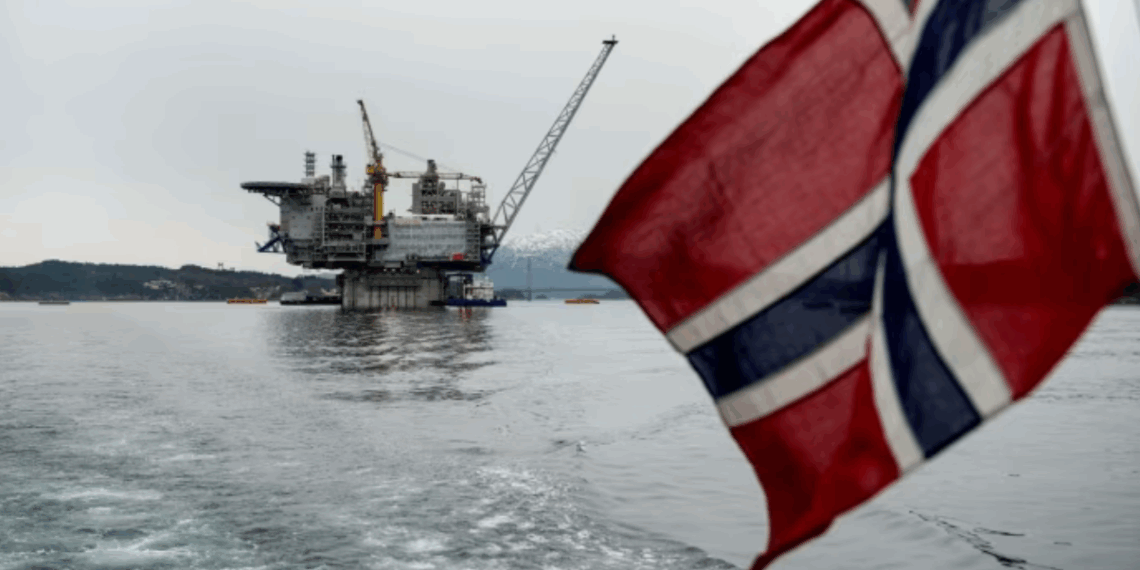OSLO (Realist English). Norway’s $1.9tn sovereign wealth fund is calling for sweeping reforms to European capital markets, warning that without urgent action, the continent will continue to lose ground to the US and Asia in terms of competitiveness and investor appeal.
The fund — officially known as the Government Pension Fund Global — is Europe’s single largest investor, holding an average 2.5% stake in every listed company across the continent. Yet over the past decade, its allocation to European equities has plunged from 26% to 15%, largely due to what it describes as Europe’s eroding business dynamism and fragmented financial infrastructure.
“A well-functioning market in Europe is very important to us,” said Malin Norberg, chief of market strategies at Norges Bank Investment Management (NBIM), which manages the fund. “There is a sense of urgency among policymakers — and we share that.”
This week, the fund is submitting a formal response to the European Commission’s consultation on capital markets union, urging the bloc to be far more ambitious in eliminating long-standing structural barriers that inhibit growth, liquidity and integration.
In its letter, NBIM flags multiple national inconsistencies — in securities laws, corporate governance, tax regimes (notably withholding tax), and insolvency frameworks — as key obstacles to building a deeper and more liquid European market. It also calls for centralised supervisory authority at the EU level and greater emphasis on competition and innovation rather than excessive regulation to improve equity market liquidity.
“We share the concern that European markets over time have fallen behind in terms of business dynamism and the provision of new investment opportunities to institutional investors,” the fund wrote.
NBIM’s largest European holdings include SAP, ASML, Novo Nordisk, Nestlé and UBS, yet the number of European companies in its portfolio has dropped by 25% over the past 10 years, now standing at 1,546. Executives say that declining listings — not just underperformance — have been a major driver behind the rebalancing of assets.
“The number of companies we can invest in across Europe is shrinking, and so is the size of our European portfolio,” said Emil Framnes, the fund’s global head of equity trading.
The shift is stark: US equities now account for 40% of the fund’s total assets, up from 21% in 2013. Meanwhile, several high-profile European firms — including Spotify, Klarna, Linde, CRH and Arm Holdings — have opted to list or relocate to US exchanges, citing better access to capital and deeper markets.
Although Norway reduced its official allocation to Europe in 2012 in favour of the US, NBIM insists that the structural problems inside Europe — and not just past policy choices — are to blame for the continent’s lagging investment performance.
Without bold reforms, the fund warns, Europe will struggle to retain its relevance in global capital markets — and risk further losing its edge in innovation, competitiveness and institutional investment.


















